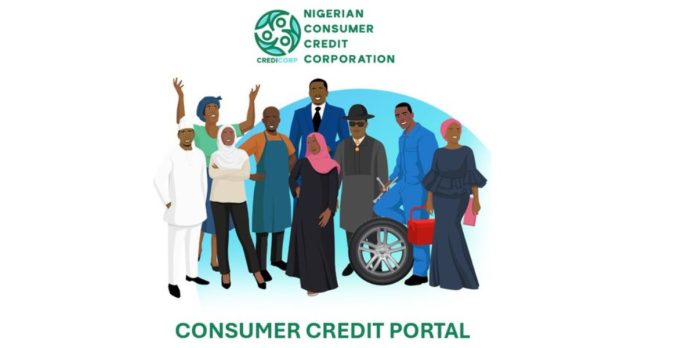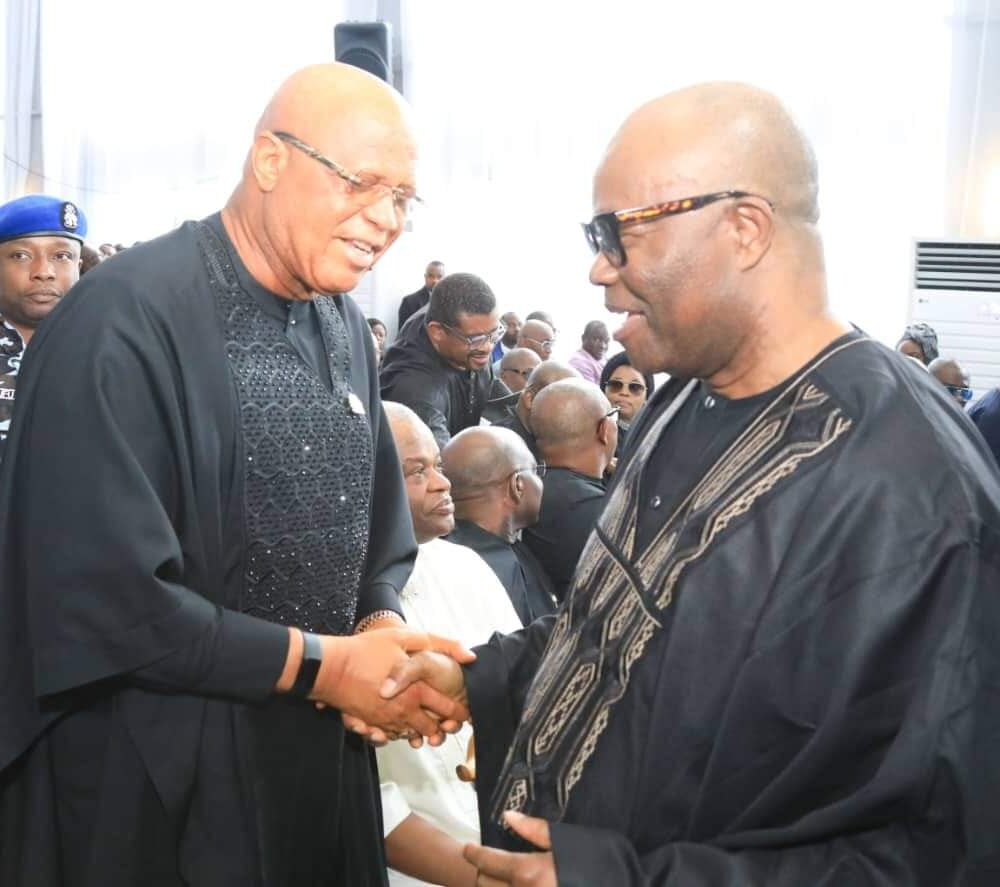The Executive Secretary,Human Rights Commission,Tony Ojukwu, Esq.has said that between January to June 2020, the Commission received a total of seven hundred and fifty-four (754) complaints involving over nine hundred and fifty-four (954) victims from twenty-seven (27) state offices including the headquarters.
These statistics according to the commission excluded human rights cases received by other SGBV responders like NAPTIP, the Police, Social Welfare Departments, CSOs and NGOs.
Barr.Tony Ojukwu made this known while welcoming participants to a Two- Day High Level workshops for SBBV Human Rights Defenders in Abuja on Tuesday 8 December, 2020.
Tony Ojukwu added that majority of cases received by the Commission emanated from Lagos state, Adamawa State, Ebonyi State, Sokoto State and Cross River State
He said the high level two-day workshop for human rights defenders is organized to support victims of Sexual and Gender Based Violence (SGBV) in the Federal Capital Territory and other spotlight states in Nigeria.
“As you may be aware, issues of gender are key to the Commission’s mandate, which is to promote, protect, enforce and monitor human rights in Nigeria.
“SGBV, as defined by the United Nations High Commissioner for Human Rights is, “any act that is perpetrated against a person’s will and is based on gender norms and unequal power relationships. It encompasses threats of violence and coercion; it can be physical, emotional, psychological, or sexual in nature, and can take the form of a denial of resources or access to services. It inflicts harm on women, girls, men and boys.” He stated.
Ojukwu explained that the number of SGBV cases received by the Commission at the outset of restrictions and lockdown occasioned by Covid-19 in Nigeria, increased astronomically with its attendant consequences.
He said:
“So many factors have been adduced for this increase including victims being in close proximity to their abusers for long periods and their increased financial dependence on perpetrators. Without a doubt, the Commission as the primary institution for the protection of human rights in Nigeria has an onerous task ahead of it which is to deal effectively with all cases of SGBV brought to its attention.
“To address these challenges, the Commission has carried out some innovative measures some of which includes:
- a) Development and Usage of cutting Edge Technology for Receipt and Tracking of Responses to Complaints of SGBV in Nigeria.
“Faced by the challenge of restricted movement, the Commission in partnership with other stakeholders adopted the use of technology to scale up response and protection for victims/survivors. In this regard, we up scaled the usage of our social media channels, developed cutting edge applications such as reportNHRC.org and UNSUB, etc.
- b) Special Investigation Panel (SIP) on Sexual and Gender Based Violence.
“This panel which was constituted as a result of reported cases of SGBV where victims made serious allegations of rape, sexual harassment and cruel inhuman and degrading treatment. With the relaxation of restrictions in movement, the Commission is set to hold further sittings across the country with the support of EU-UN Spotlight Initiative and other partners.
- c) 5 Days of Activism with the theme “Equality and Dignity for Nigerian Women, Join the Fight against Rape and Sexual and Gender Based Violence”.
“The Commission and its partners in the 36 States embarked on the above campaign with a view to declaring state of emergency on rape and other SGBV cases in Nigeria. The objectives of the campaign were to:
– Create and maintain visibility on the issue of rape/SGBV
– Conscientize the public on the dangers of rape and other SGBV
– Call on all stakeholders such as the Executive, legislature, judiciary, traditional and religious gate keepers, political opinion leaders and wives of governors to live up to their responsibilities by putting in place enabling environment for the protection of the lives and dignity of women and girls in Nigeria. With the joint efforts of the Hon. Minister of Women Affairs, Dame Pauline Tallen, the Federal Executive made a national call for action in SGBV
- d) Upgrading of the Commission’s Call Centre with Specific SGBV Toll Free Lines with support from UN-EU Spotlight Initiative and other partners. This has afforded citizens the opportunity to promptly report all forms of human rights violations particularly SGBV cases.
- e) Inter-Ministerial Committee on Sexual and Gender Based Violence.
“As a response to the national call for action on SGBV, the Commission in collaboration with the Federal Ministry of Justice, Women Affairs, Legal Aid Council, NAPTIP and Police are part of the Inter-Ministerial Committee on SGBV. With the support of development partners, like UNIFEM and UN-EU Spotlight Initiative, this Committee is coordinating the national response to SGBV.
- f) State of Human Rights on AIT
“The Commission in collaboration with other stakeholders is anchoring a State of Human Rights programme every Thursday morning by 8.40am on AIT, focusing on SGBV and other human rights violations.
- g) 16 days of Activism on SGBV
Ojukwu further explained that :
“The Commission currently is carrying out awareness activities in 36 States and the FCT on 16 days of activism on SGBV. Its hopes to develop a baseline information on SGBV in every state that can constitute a benchmark for measuring progress in the campaign against SGBV in the future. A publication on this report is being compiled by the Commission.
“Despite the foregoing modest efforts, we know that we cannot do it alone. To this end, the law setting up the Commission recognises that the Commission cannot do it alone, hence Section 5(g) of NHRC Act (as amended) empowers the Commission to “liaise and cooperate in such manner as it considers appropriate with local and international organizations on human rights with the purpose of advancing the promotion and protection of human rights.
” It is a well-known fact that the first casualty of human rights violation is the diminished ability of the victim or survivor to fight for his or her self in the quest for accountability. Every victim of human rights violation particularly the most vulnerable would require the assistance of a neighbor or other volunteer to seek justice on his or her behalf. At the heart of this very realization lies the importance of the human rights defender.
“In a time of global emergencies resulting from Corona virus when most of our human rights have been restricted in order to implement public health measures as well as other Economic and social restrictions, the work of human rights defenders are more crucial than ever. This is evident in our struggle to overcome the devastitating consequences of COVID-19 and ensure that no one is left behind in line with the sustainable Development Goals (SDGs).
“For us to address the deadly blow dealt by Covid-19 to the very social fabric that binds us together as a family and humanity, we must all recommit to being our brothers or sisters keepers by taking steps that will ensure collective protection of the values that upscale our dignity as human beings.
“The next question agitating our minds at this stage is who is a SGBV human rights defender? According to Office of the High Commissioner for Human Rights (OHCR), “Human rights defender” is a term used to describe people who, individually or with others, act to promote or protect human rights” This very description establishes without doubt the nexus between the work of the human rights defender and the mandate of the National Human Rights Commission which is the promotion, Protection and Enforcement of human rights of all.
“Just like the Commission, the work of the defenders is most often than not misunderstood by some quarters that always held human rights defenders in suspicion. They reckon that the defenders dwell only on the behaviour of state authorities than they are with individuals who come in conflict with the law. This is done without adequate regard to the responsibility of the state to protect persons and properties within its borders. They believe that in dealing with crime and offenders, there should be no room for legal niceties usually canvassed by human rights defenders and advocates.
“Contrary to the aforementioned view, Human rights defenders actually work to improve societies and contribute to peace and democracy. Defenders are agents for positive change and development. In this misconception lies the realization that human rights defenders equally need protection in order to be able to effectively protect the victims of human rights violations. Who then will protect the defenders?
“States must recognize that human rights defence is an essential activity during emergency periods and ensure that human rights defenders can carry out their work free from reprisals, intimidation or threats, so that together we can all face up to this monster and defeat it.
“It is against this background that the Commission with support from the UN-EU Spotlight Initiative through UNDP implementation, has decided to organise this workshop, which is intended to achieve the following objectives:
- To identify and bring together key human rights defenders across all sectors of the society;
- To discuss and agree on the way forward on how best to assist victims of sexual and gender based violence;
- To train defenders on how to mainstream human rights into defenders assistance to victims of SGBV;
- To identify and discuss new and emerging protection and referral pathways for effective accountability for violence against women and girls.
“This workshop is also aimed at bringing together SGBV stakeholders at the federal and state levels, including the FCT and spotlight states of Lagos, Adamawa, Ebonyi, Sokoto and Cross Rivers and the Commission, to dialogue and agree on a way forward on how to combat SGBV in their respective States.
“The task of combating SGBV is not an easy one; this is why there is a need to bring all SGBV stakeholders/Human Rights defenders together which also include federal and state agencies like the Ministry of Women Affairs, NAPTIP, the Nigeria Police and other stakeholders, whose mandates include responding to cases of SGBV, investigating, prosecuting, sensitization and data management, amongst others, to work together to ensure a coordinated response to SGBV. Also not forgetting the importance of the media, who are tasked with the responsibility of reporting accurately all cases of SGBV.
“It is our hope that after this workshop there would be a more coordinated approach regarding issues of SGBV amongst stakeholders. Some of these approaches includes, harmonizing policies of stakeholders on SGBV; carrying out advocacy to bring about changes in behaviours and attitudes of the society on SGBV; creating response protocols on SGBV; identifying resources and developing an action plan for issues of SGBV, among others.
” It is my earnest belief that by the end of these two days, we would have come up with effective solutions towards preventing and responding to all forms of SGBV in Nigeria and would have formed lasting partnerships to equip us in the fight against SGBV.”
The Executive Secretary also appreciated partners of the Commission : UN-EU Spotlight Initiative through UNDP implementation, Federal ministry of Women Affairs and the spotlight state counter parts, Federal Ministry of Justice and the state counter parts, Police, NAPTIP, NBA, the media, Civil Society Organizations and other well-meaning stakeholders for their quest for the accountability for human rights violations,
The workshop also had in attendance the representative of the Honourable Minister of Women Affairs, Dame Pauline Tallen, NBA ,Chairman of the Nigerian Union of Journalists(NUJ)Emmanuel Ogbeche and other CSOs who took turn to delivered goodwill messages.





